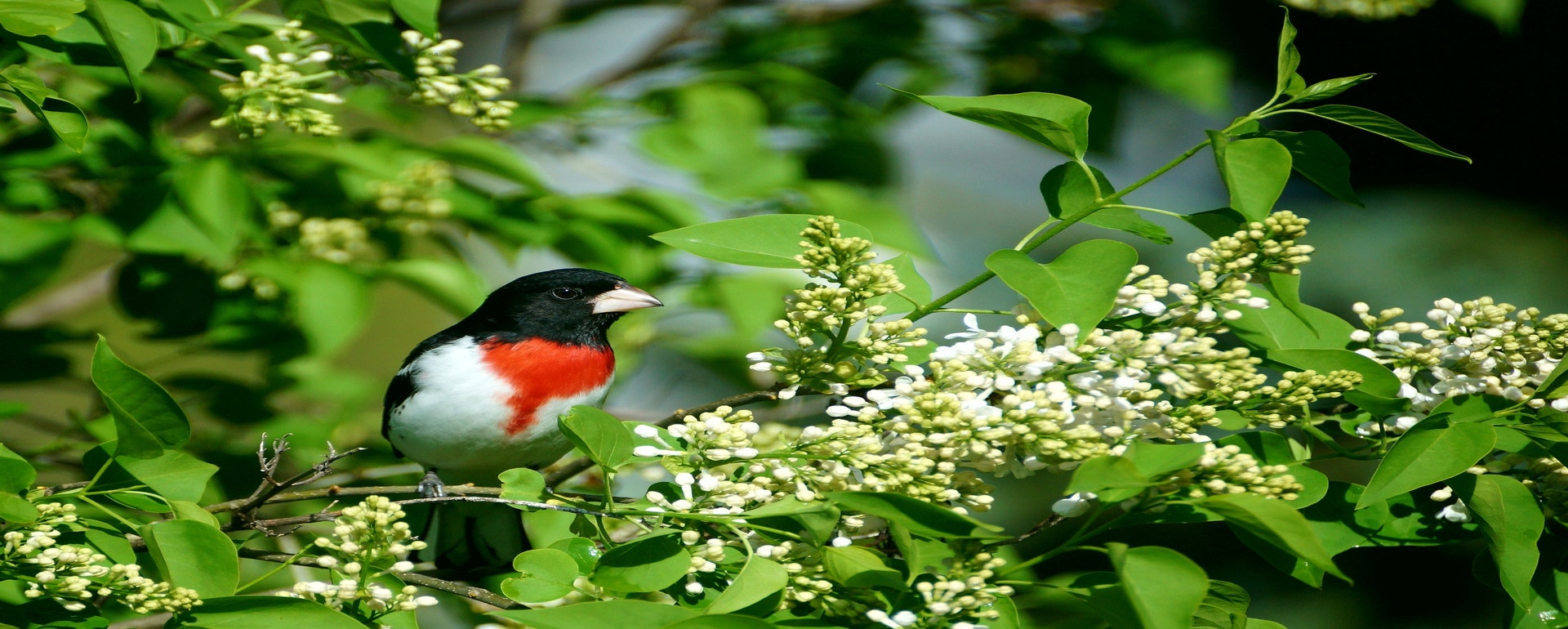
Welcome to
Audubon Connecticut
We protect birds and the places they need, today and tomorrow, in Connecticut and throughout the hemisphere.
Centers and Sanctuaries in Connecticut

Emily Winthrop Miles Wildlife Audubon Sanctuary
Sharon, CT

Bent of the River Audubon Center
Southbury, CT
Hiking trails
Bathrooms
Pollinator garden

Sharon Audubon Center
Sharon, CT
Bathrooms
Hiking trails
Nature store
Aviary
Pollinator garden

Greenwich Audubon Center
Greenwich, CT
Bathrooms
Hiking trails
Nature store
Pollinator garden
Parking lot

Fairchild Wildflower Audubon Sanctuary
Greenwich, CT

Hemlock Gorge Audubon Sanctuary
Greenwich, CT
Hiking trails
More than 450 migratory, year-round, and wintering bird species call our state home.

Birds like the Piping Plover, American Kestrel, and Purple Martin are at the heart of our work. Each project we advance has a specific bird (or birds) in mind, and our goal is always to halt - and reverse - their declines.
Get Audubon in Your Inbox
Let us send you the latest in bird and conservation news.


